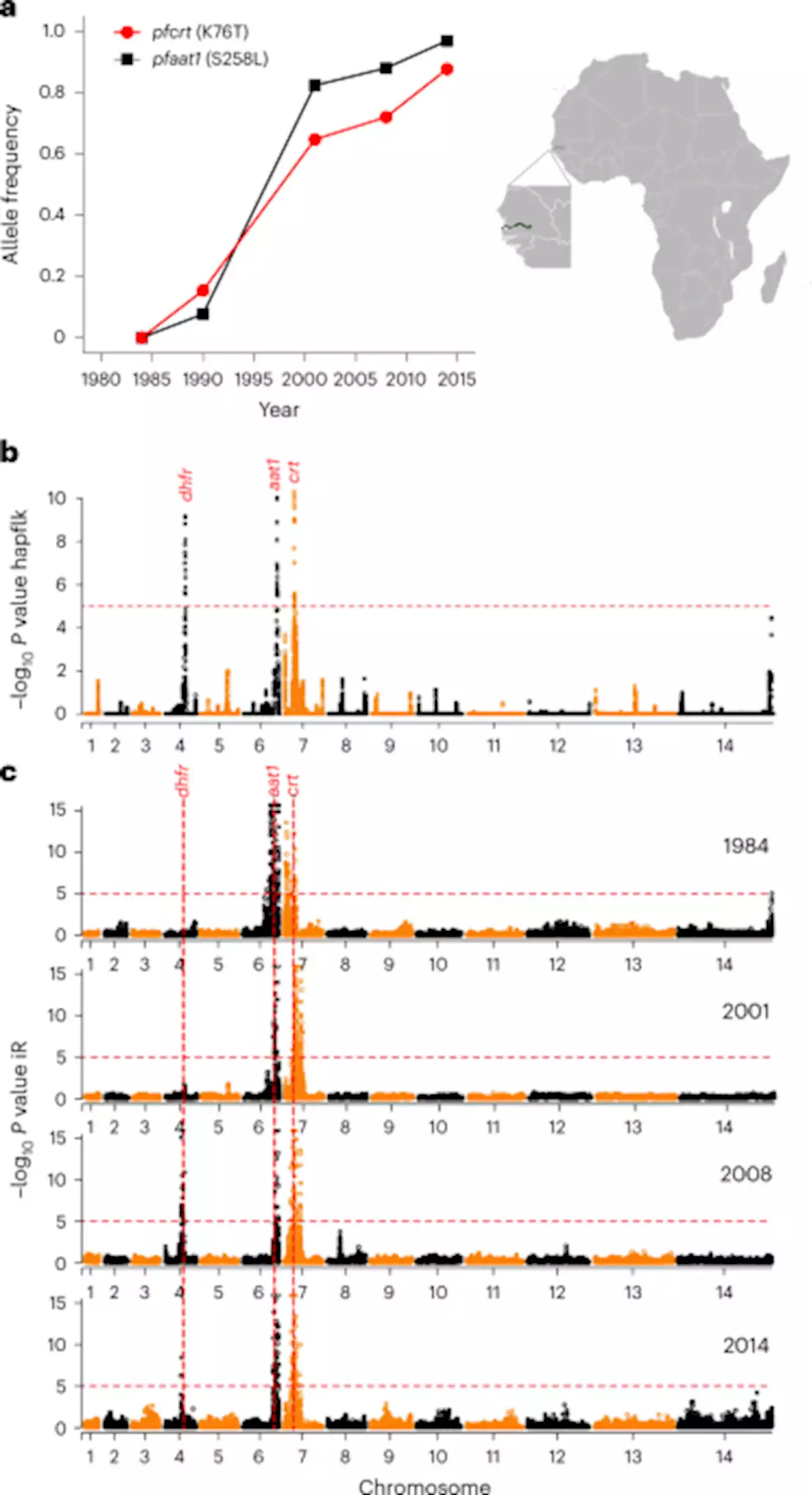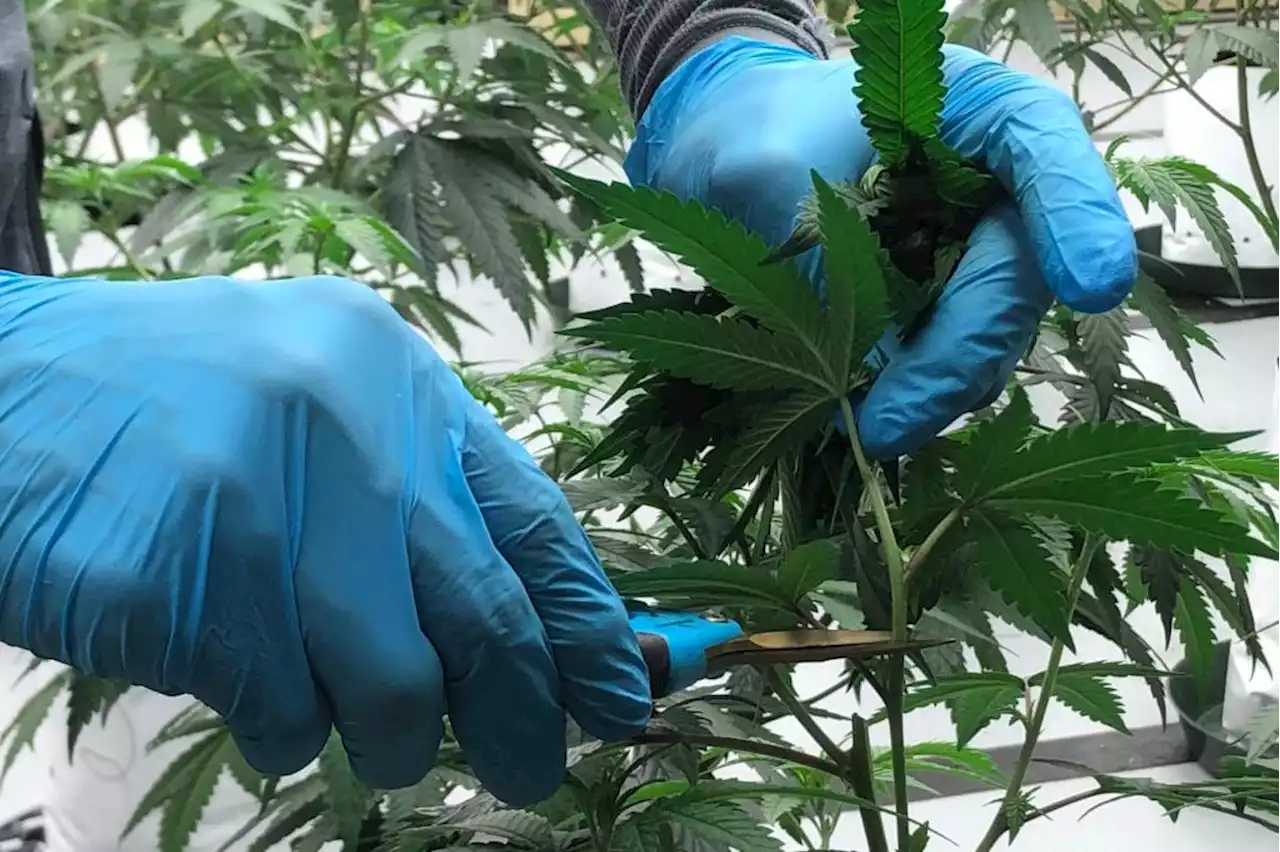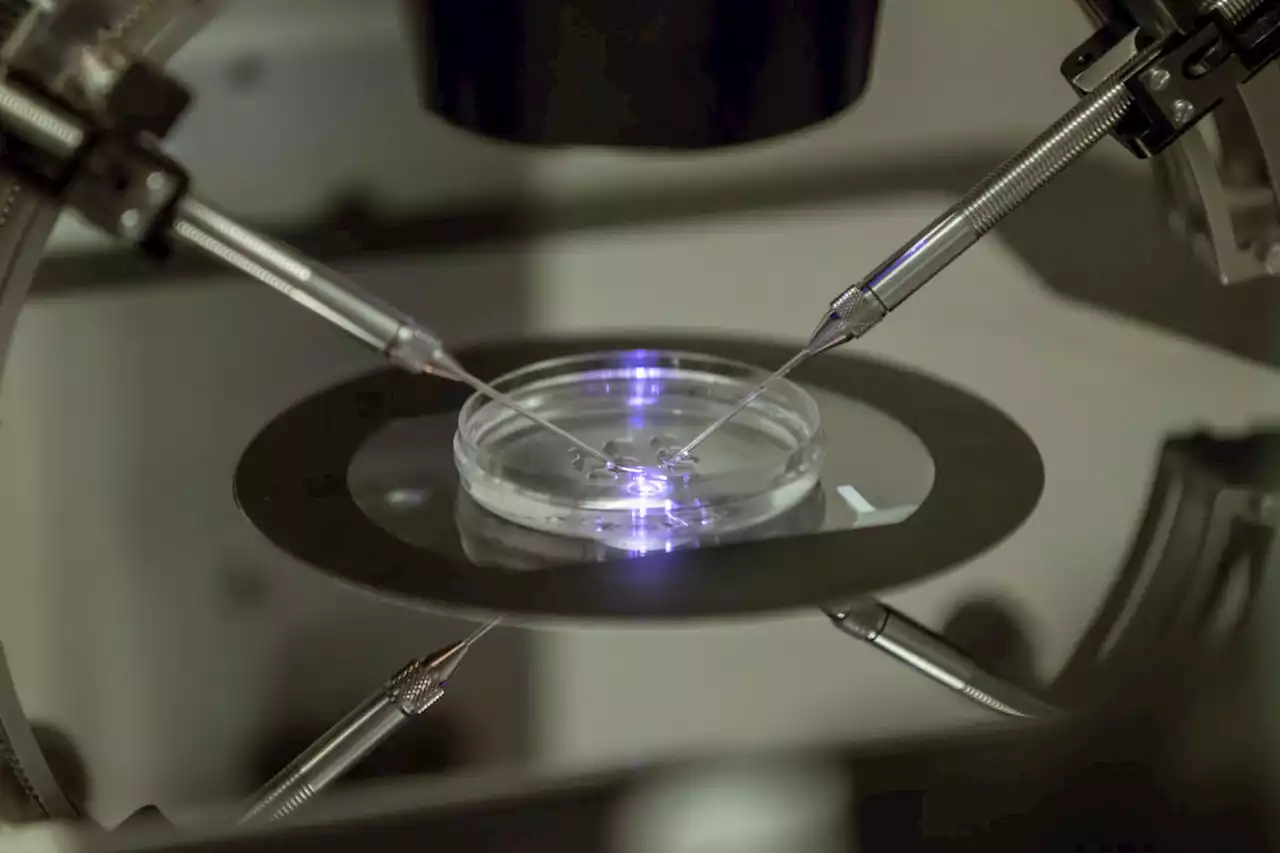Dirt is home to more than 25% of the biodiversity on Earth. The women-led startup Trace Genomics is working to reverse human-caused soil erosion. For more GainsInGreenTech like this, check out this story and others in the series.
In response to this challenge, Trace specializes in metagenomics, which uses similar technology as a doctor might use to test a patient's stomach microbiome. But instead of sampling the microbes managing our gut health, it aims to sequence the DNA of all the microbes in a soil sample.
Trace has one of the largest agricultural-soil databases in the world. One feature allows Trace to give farmers a score based on the presence of biodiversity, water, nutrients, and carbon in the soil. Based on that score, investors can better judge the soil sustainability of the product grown there. The two researchers first built a lab to diagnose diseases in berries and lettuce. Seven years later, Trace's system can give disease reports for more than 70 different crops. Mike Toelle grows soybeans, corn, and alfalfa on his family-owned farm on the border of Minnesota and South Dakota. For the past five years, he's been helping Trace gather data as part of its pilot program."Initially, it was almost overwhelming because there's so much information," Toelle said.
After the sequencer runs for 25 to 30 hours, they've generated up to five gigabytes of data that they analyze, upload to their digital platform, and share with the farmer in various forms, such as color-coded maps.
United States Latest News, United States Headlines
Similar News:You can also read news stories similar to this one that we have collected from other news sources.
 Chloroquine resistance evolution in Plasmodium falciparum is mediated by the putative amino acid transporter AAT1 - Nature MicrobiologyChloroquine resistance in Plasmodium falciparum is characterized using population genomics, genetic crosses and gene editing.
Chloroquine resistance evolution in Plasmodium falciparum is mediated by the putative amino acid transporter AAT1 - Nature MicrobiologyChloroquine resistance in Plasmodium falciparum is characterized using population genomics, genetic crosses and gene editing.
Read more »
 Study to trace California cannabis lineage, preserve oral history of legacy cultivatorsCal Poly Humboldt is part of a new study that will research cannabis across California. The interdisciplinary study aims to preserve oral histories and the legacy genetics of cannabis farmers
Study to trace California cannabis lineage, preserve oral history of legacy cultivatorsCal Poly Humboldt is part of a new study that will research cannabis across California. The interdisciplinary study aims to preserve oral histories and the legacy genetics of cannabis farmers
Read more »
 1st babies born in Britain using DNA from 3 peopleBritain’s fertility regulator said the first babies created using an experimental technique combining DNA from three people have been born, in an effort to prevent the children from inheriting rare genetic diseases.
1st babies born in Britain using DNA from 3 peopleBritain’s fertility regulator said the first babies created using an experimental technique combining DNA from three people have been born, in an effort to prevent the children from inheriting rare genetic diseases.
Read more »
 1st babies born in Britain using DNA from 3 peopleBritain's fertility regulator on Wednesday confirmed the births of the U.K.'s first babies created using an experimental technique combining DNA from three people, an effort to prevent the children from inheriting rare genetic diseases. The Human Fertilization and Embryology Authority said fewer than five babies have been born this way in the U.K. but did not provide further details to protect the families' identities. In 2015, the U.K. became the first country to adopt legislation regulating methods to help prevent women with faulty mitochondria — the energy source in a cell — from passing defects on to their babies.
1st babies born in Britain using DNA from 3 peopleBritain's fertility regulator on Wednesday confirmed the births of the U.K.'s first babies created using an experimental technique combining DNA from three people, an effort to prevent the children from inheriting rare genetic diseases. The Human Fertilization and Embryology Authority said fewer than five babies have been born this way in the U.K. but did not provide further details to protect the families' identities. In 2015, the U.K. became the first country to adopt legislation regulating methods to help prevent women with faulty mitochondria — the energy source in a cell — from passing defects on to their babies.
Read more »
 1st babies born in Britain using DNA from 3 peopleBritain’s fertility regulator has confirmed the births of the U.K.'s first babies created using an experimental technique combining DNA from three people. britain kprc2 click2hou uk
1st babies born in Britain using DNA from 3 peopleBritain’s fertility regulator has confirmed the births of the U.K.'s first babies created using an experimental technique combining DNA from three people. britain kprc2 click2hou uk
Read more »